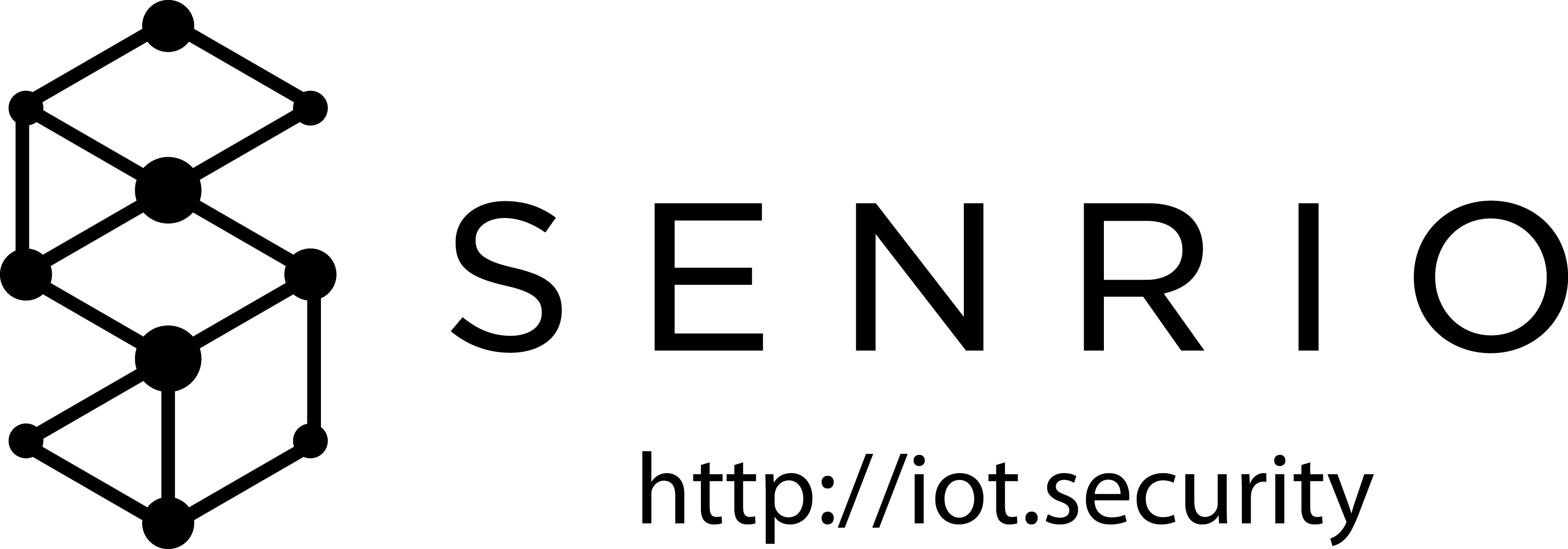Risky Business Podcast
December 10, 2018
Snake Oilers 8 part 2: Forticode's Cipherise, device features from Exabeam and SentinelOne on "active EDR"
Presented by

CEO and Publisher
Snake Oilers is the podcast where we get a bunch of vendors together to pitch their stuff – they all pay to participate, just so you know – and today we’re going to hear three pitches from tech companies: one from Forticode, one from Exabeam and one from SentinelOne.
That’s right, we talk to vendors to get their best pitches so you don’t have to!
Forticode joins us to pitch its Cipherise platform – applied PKI wrapped into a slick mobile platform that helps large organisations authenticate their users, and helps their users authenticate them.
Exabeam will be talking about how they’re doing more device analytics in their SIEM platform and SentinelOne will be talking about how they differentiate themselves in the highly competitive EDR space.
Links to all of these companies are below.








